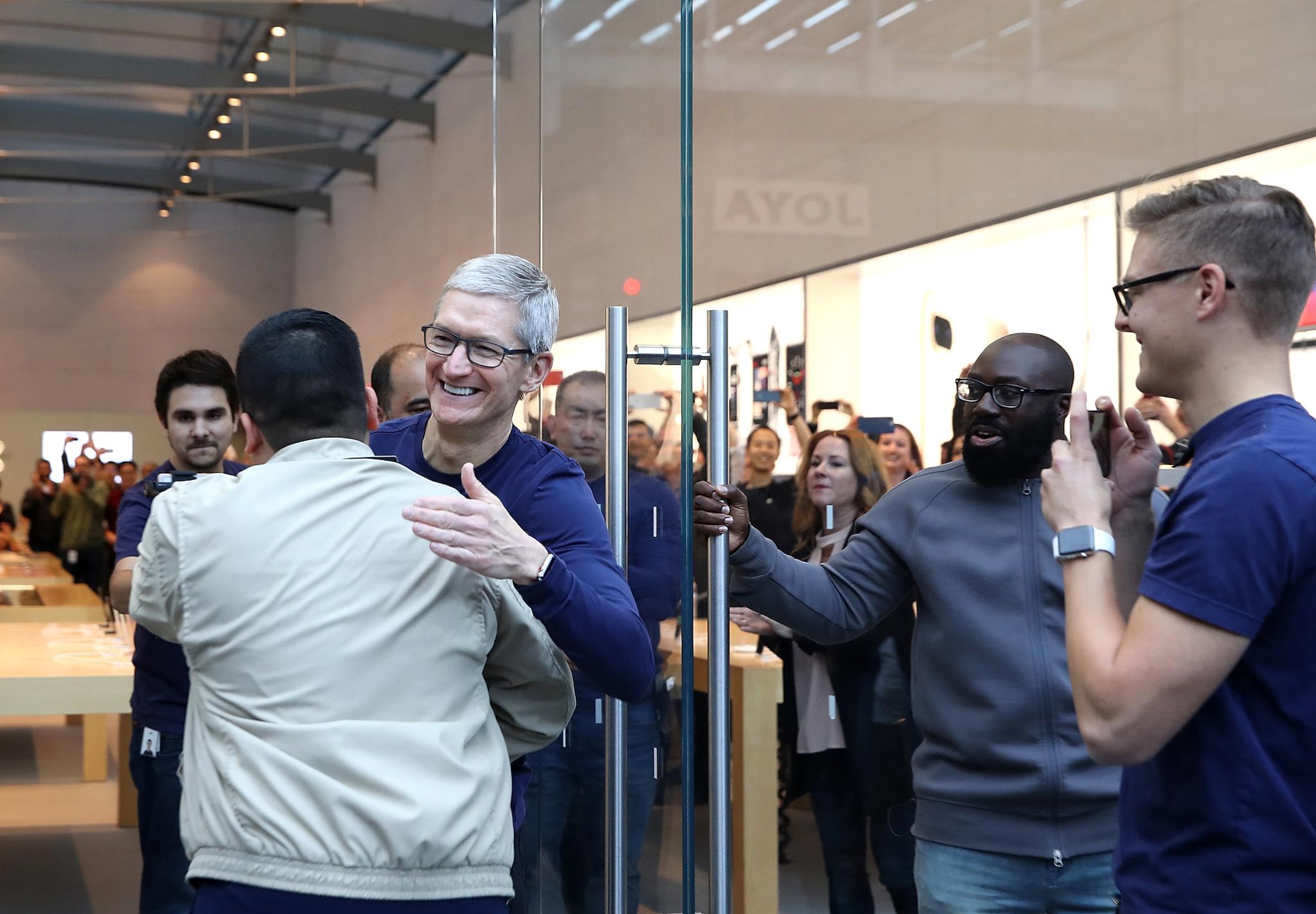Consumers seem happy for Apple's iPhone X to know more about us than our own Government does, but it won't last
We will soon become much more questioning, and probably more concerned, by how much power the tech giant holds


If you are one of the early adopters and have got your hands on the iPhone X – or even if you plan to do so shortly – ponder this. Why does society cut Apple so much slack?
This product looks like it will be one of the most successful launches in Apple’s history. Company shares have shot up as a result, pushing its market valuation to $890bn (£680bn), increasing its lead over Alphabet (the parent company of Google), and making it by far the most valuable company in the world. As the late Steve Jobs said when he launched the first iPhone just over 10 years ago: “This changes everything.”
Now think about your iPhone. It knows who you are. It knows where you are. It knows how many steps you have taken that day, or any day. It knows who you have spoken with and the sites you have visited. It may know how much you paid for your lunch. True, any smartphone with the right apps knows all this and more. But the iPhone X knows something else: It knows with great precision exactly what you look like, for that is how you can unlock it.

Put that in the context of our concerns about cameras watching us in the streets, or, in Britain, the opposition of some politicians to people having to carry identity cards, or building up a national DNA database. Or the context of European ideas about the right to erase data about people’s past – the right to be forgotten. We willingly give a US commercial company information that we feel squeamish about our own elected governments retaining.
Privacy is not the only area where our societies cut Apple (and indeed Facebook and Google) a lot of slack. Look at monopoly. Suppose Apple were a bank, which indeed it may become. How would we feel about one American bank dominating global finances in the way that Apple dominates its market? Or suppose it were an energy provider. We would have a monopoly ruling against it, just as we control, or rather try to control, our energy suppliers.
Now look at tax. The European Commission is planning to take Ireland to court for not claiming the $13bn in back taxes from what the Commission considers to be illegal tax benefits. This is a legal issue so let’s see what the courts decide. But it is also a moral issue. Think how people would feel were it a bank or an oil company that was accused of such practices. Yet Apple has pretty much escaped popular opprobrium.
Or take working practices of Apple’s suppliers. I should not think that the companies in China that make the Apple phones treat their workers any worse than most, but on $2 an hour their people would be pushed to save enough to buy one, even on the 12-hour shifts they are reported to be working. Apple has been concerned enough to look into these practices, so there is some pressure on it. But in general it has escaped opprobrium. Put it this way: There has been a lot more press coverage about its new doughnut-shaped headquarters building than about the factories in China.
The question is: Why do we treat Apple with such reverence? I think there are several bits to the answer. Here, for a start, are three.
First, the products are wonderful. They are not just wonderful in themselves but they have inspired imitators, notably the Samsung and other Android phones that together have transformed our lives. Consumer satisfaction trumps questions about business practice.
Second, the monopoly element is by choice. People choose to buy the stuff. They are not obliged to do so because there is no obvious alternative. No-one forces us to have a smartphone.
Third, deep down most people don’t really care about privacy, or at least not nearly as much as many political activists think they do. That may change when the scale of the loss of privacy becomes clearer, but not yet.
I’m not sure, however, how long this benign attitude, not just to Apple but also to the other high-tech American giants, will last.
It is a stage of history – I think a rather wonderful stage of history – but it will pass. And then we will become much more questioning, and probably more concerned.
Join our commenting forum
Join thought-provoking conversations, follow other Independent readers and see their replies
Comments
Bookmark popover
Removed from bookmarks